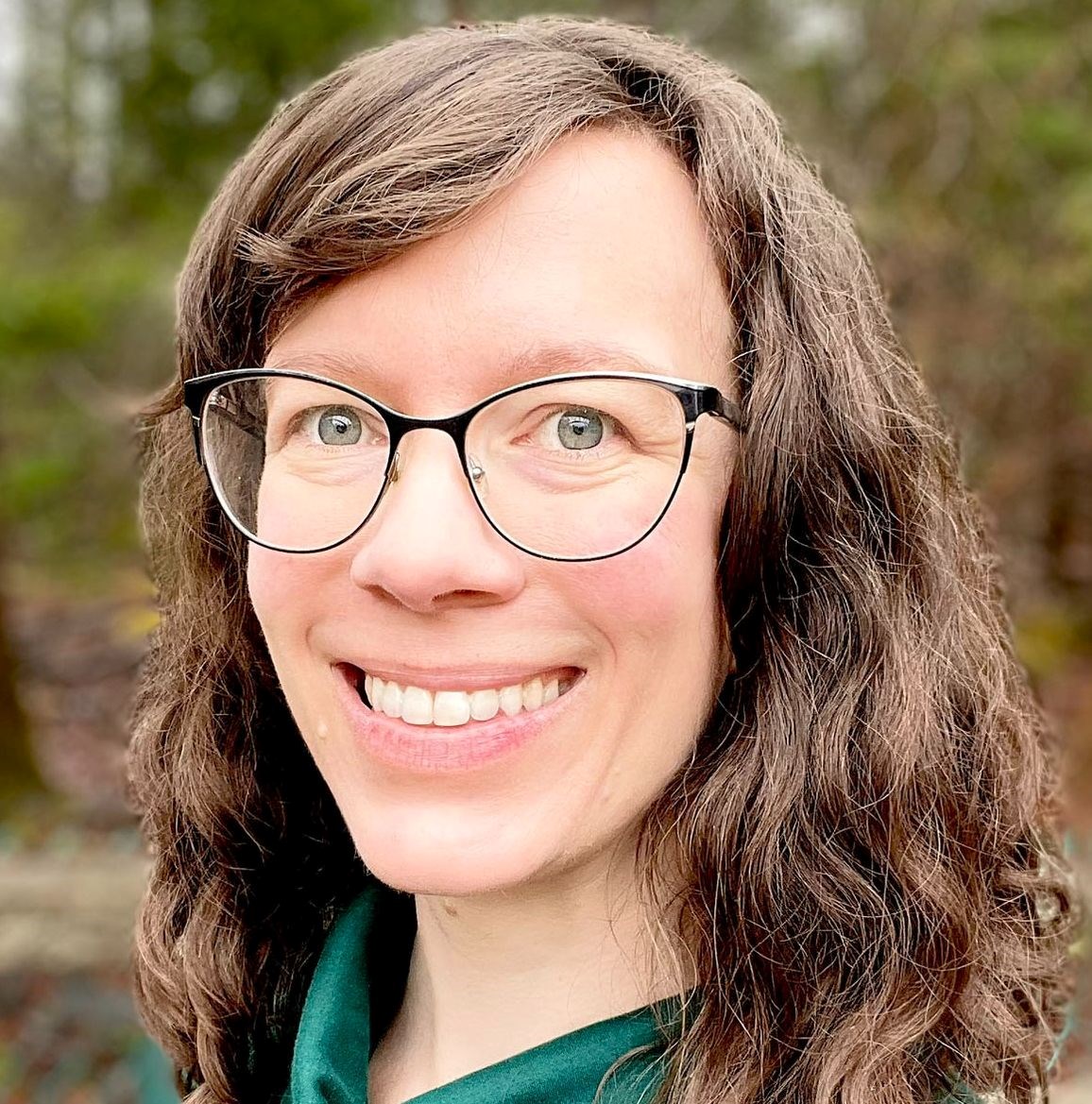Research Interests
Toxics use reduction; Pollution prevention; Green chemistry; Alternatives assessmentsEducation
- M.S.: Aquatic Ecology, University of North Carolina at Greensboro, Greensboro, NC, August 2010
- B.S.: Biology with Chemistry Minor, University of North Carolina at Greensboro, Greensboro, NC, May 2007
Biosketch
Lindsey Pollard is a Research Associate at the Lowell Center for Sustainable Production at the University of Massachusetts Lowell. Her work includes research on chemical hazards and alternatives assessments for consumer and industrial materials; identifying opportunities for toxics use reduction and pollution prevention for communities, small businesses, and industries; and policy development.Prior to joining the Lowell Center, Lindsey worked as a researcher at the Massachusetts Toxics Use Reduction Institute, where she conducted research on environmental, health, and safety for chemicals; created case studies for safer alternatives; researched and recommended green chemistry support mechanisms and policies to international governments; and built a pollution prevention internship program with industrial partners. Lindsey also has a background in aquatic ecology and researching the connections between urban and natural environments. Lindsey received her Bachelor of Science and Master of Science degrees in biology from the University of North Carolina, Greensboro.
Selected Publications
Peer-Reviewed Publications
- Jacobs, M., Tickner, J., Edwards, S., Pollard, L.D. An International inventory and analysis of policies on chemicals in products: Supporting a Transition towards Safer Chemicals. In preparation for submission to Integrated Environmental Assessment and Management.
- Ribot, M.B., Grimm, N.B., Pollard, L.D., Martí, E., von Schiller, D. 2022. Consequences of an ecosystem state shift for nitrogen cycling in a desert stream. Limnology and Oceanography. 67(6): 1274- 1286.
- Tickner, J. Simon, R., Jacobs, M. Pollard, L.D., van Bergen, S. 2020. The nexus between alternatives assessment and green chemistry: supporting the development and adoption of safer chemicals. Green Chemistry Letters and Reviews. 14(1): 21-42.
- Massey, R., Pollard, L.D., Jacobs, M., Onasch, J. Harari, H. 2020. Artificial turf infill: a comparative assessment of chemical contents. New Solutions: A Journal of Environmental and Occupational Health Policy. 30(1): 10-26.
- Bruesewitz, D.A., Gardner, W.S., Mooney, R.F., Pollard, L.D., Buskey, E.J. 2013. Estuarine ecosystem function response to flood and drought in a shallow, semi-arid estuary: Nitrogen cycling and ecosystem metabolism. Limnology and Oceanography. 58: 2293–2309.
Selection Of Other Publications
- Pollard, L.D., Massey, R. Per- and Poly-fluoroalkyl Substances (PFAS) in Artificial Turf: Test Methods. July 2024.
- Pollard, L.D., Massey, R. Dec 2023. Playground surfacing: choosing safer materials for children’s health and the environment.
- U.S. Environmental Protection Agency, Office of Pollution Prevention and Toxics. Contributing author via TURI. 2023. Economic Analysis of the Proposed Regulation of Methylene Chloride under TSCA Section 6(a).
- Massey, R., Pollard, L.D. April 2021. Natural Grass Playing Fields: Selected Case Studies from Southwest Pennsylvania.
- Buscemi, K., Pollard, L.D., April 2021. Massey, R. Building an Organic Maintenance Program for Athletic Fields: Guidance from Experts and Experienced Communities.
- Green Chemistry and Commerce Council (GC3). Contributing author. The GC3 blueprint of green chemistry opportunities for a circular economy. February 2021.
- Buscemi, K., Pollard, L.D., Massey, R. Natural grass playing field case study: Martha’s Vineyard, MA. December 2020.
- Massey R, Onasch J, Pollard L.D. Toxics Use Reduction Institute. 2019. Athletic Playing Fields: Choosing Safer Options for Health and the Environment. TURI Report #2018-002.

